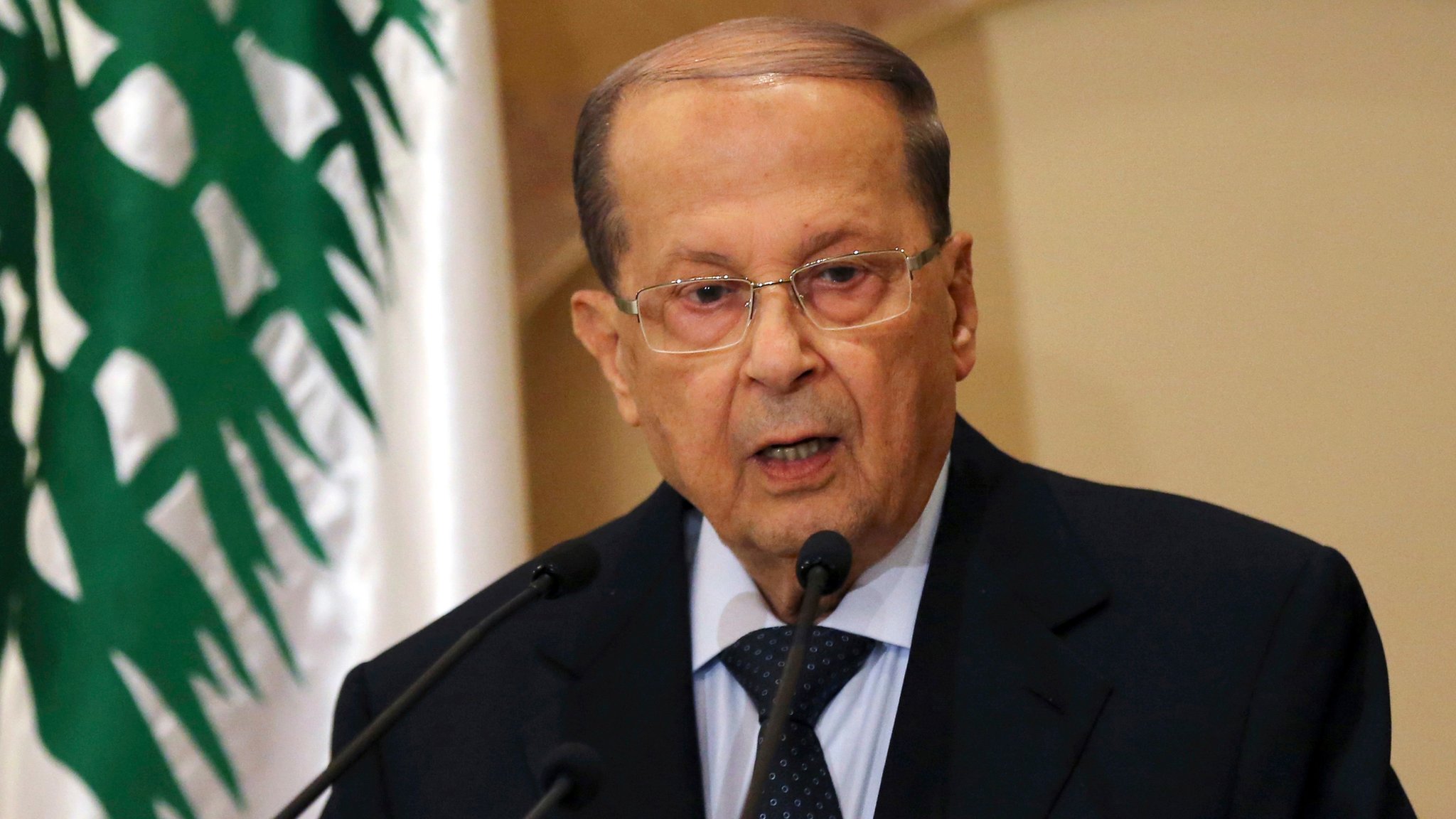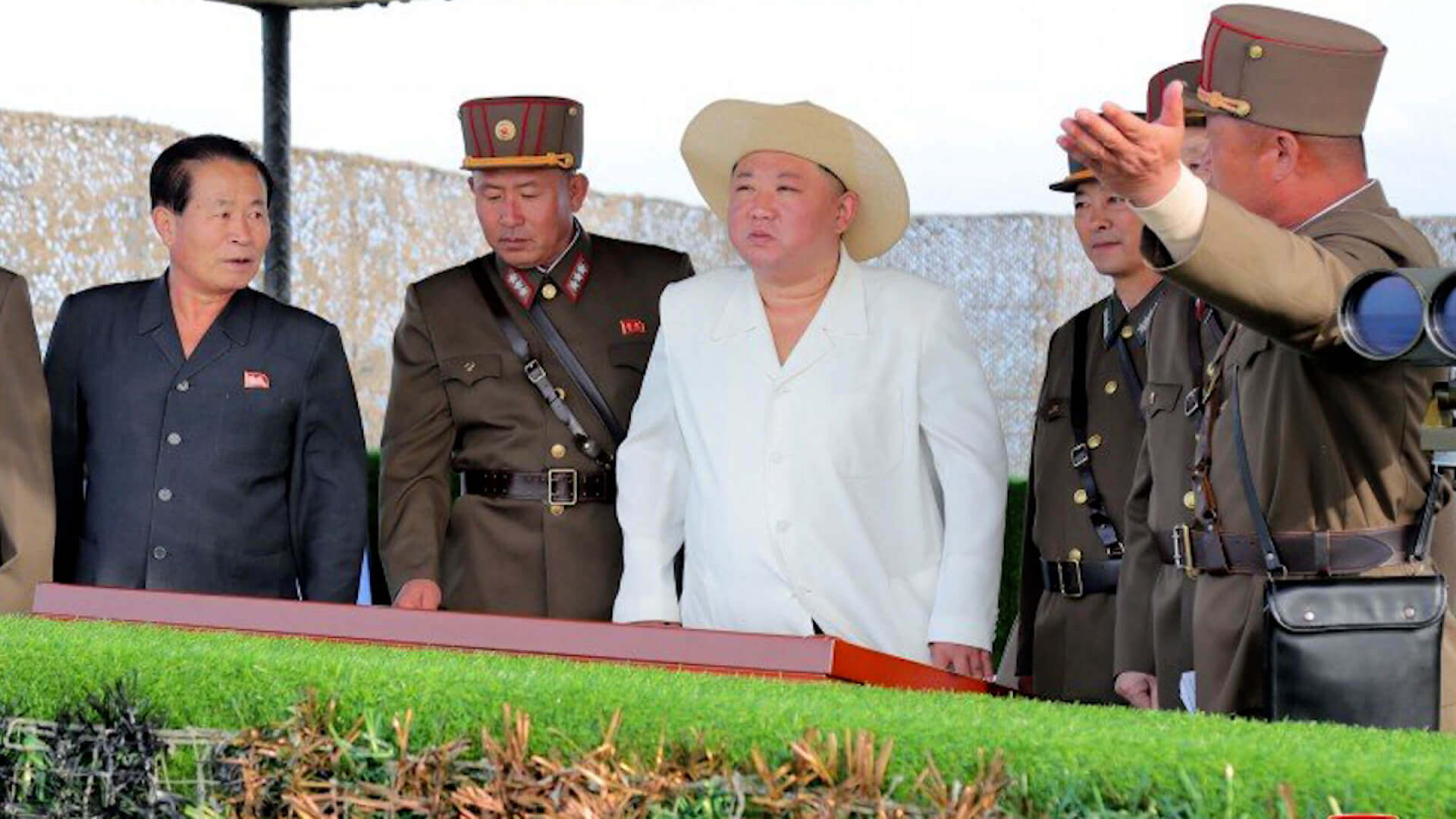South Asia
The Indian High Commission in Ottawa called on the Canadian government to take action against a Khalistan independence referendum scheduled to take place in Mississauga on 6 November. The exercise will be organised by “Sikhs for Justice,” a group that is banned in India; it previously organised a similar referendum in Brampton on 18 September. [Hindustan Times]
The United Nations Under Secretary General for the Department of Peacekeeping Operations, Jean Pierre Lacroix, lauded Pakistan’s role in peacekeeping and countering terrorism. He also expressed concern over the extent of devastation caused by this year’s floods. [Radio Pakistan]
Central Asia and the Caucasus
Turkish President Recep Tayyip Erdoğan on Wednesday vowed to “support Kazakhstan’s stability, peace, sovereignty, and territorial integrity” during a joint press conference with his Kazakh counterpart Kassym-Jomart Tokayev in Astana. He also said the two countries would expand bilateral cooperation, particularly in trade, defence, and energy. [Turkish Presidency]
Russian Foreign Minister Sergey Lavrov said on Wednesday that the Moscow-led Collective Security Treaty Organization (CSTO) is ready to send an observer mission to the Armenia-Azerbaijan border. Lavrov said Russia is willing to mediate more talks between Baku and Yerevan. [Public Radio of Armenia]
East and Southeast Asia
Russia lodged a protest with the Japanese embassy on Wednesday alleging that Tokyo fired a High Mobility Artillery Rocket System (HIMARS) near Russian borders during joint military exercises with the United States this week. Russia’s foreign ministry said that it viewed the exercise as “a challenge” to the security of its Far Eastern region and warned of “the inevitability of adequate response measures.” [Japan Today]
North Korea said it successfully test-fired long-range strategic cruise missiles on Wednesday. Its state media said that the test, which was “guided” by Supreme LeaDer Kim Jong-un, was part of the regime’s “powerful practical measures” taken to bolster the “national war deterrent” due to “the prevailing situation and revolution.” Kim said that the launch was “another clear warning” to the North’s “enemies.” [Korea Central News Agency]
Europe
The United Nations General Assembly (UNGA) on Wednesday condemned Russia’s “so-called referendums within the internationally recognised borders of Ukraine” held last month and “the attempted illegal annexation” of Donetsk, Luhansk, Kherson, and Zaporizhzhia. A total of 143 members voted in favour, while five voted against, and 35 abstained, including India, China, Pakistan, and South Africa. The UNGA demanded that Russia “immediately and unconditionally reverse” its decisions. [The Moscow Times]
France and the United Kingdom vowed to provide air defence tools to Ukraine in the coming weeks amid increased Russian airstrikes. The statements come after Germany and the United States made similar commitments earlier this week. [Politico]
The European Commission proposed granting Bosnia and Herzegovina candidate status in the European Union. In June, the European Council informed the Balkan country that it was “ready” to offer a candidate status contingent on reforms in 14 areas, including rule of law and public administration reforms. [Euronews]
Latin America and the Caribbean
The United States is moving to revoke the visas of both current and former Haitian government officials with links to gangs and other criminal organisations. It will also look to increase security and humanitarian assistance to the country, which has been beset by a rise in gang violence and crime, inflation, and severe food, medicinal, and water shortages. [Associated Press]
The United States’ Department of Homeland Security announced yesterday that it will allow Venezuelan asylum-seekers to enter the country provided they have a US-based financial sponsor. It is estimated that this could allow up to 24,000 Venezuelan migrants to live in the country for a period of two years. [CBS News]

Middle East and North Africa (MENA)
The Saudi Foreign Ministry on Wednesday expressed concerns over comments made by several top American officials, including President Joe Biden, that OPEC+’s decision to cut oil production by two million barrels per day was politically motivated. The ministry expressed its “total rejection” of the statements, saying they are “not based on facts.” “The Kingdom affirms that the outcomes of the OPEC+ meetings are adopted through consensus among member states, and that they are not based on the unilateral decision by a single country,” it said. [Saudi Press Agency]
Lebanese President Michel Aoun said on Wednesday that Lebanon will start sending Syrian refugees back home by next week, despite warnings by human rights groups that they would not be safe in Syria. The United Nations has previously warned that the involuntary repatriation of refugees to Syria risks endangering their lives, as they could face human rights abuses and persecution by the Syrian regime. Lebanon hosts around 1.5 million Syrian refugees. [Al Jazeera]
North America
On Wednesday, the United States (US) unveiled its long-awaited National Security Strategy, highlighting its intention to form global alliances that “effectively compete” with China’s growing influence and also “constrain” a “dangerous Russia.” The document also speaks of the importance of investing in emerging technologies domestically to modernise the US military. The strategy’s release was postponed this year due to Russia’s invasion of Ukraine, with the Biden administration figuring out how it would affect the US’ priorities. [The Hill]
Canadian Minister of International Trade Mary Ng successfully concluded her visit to Indonesia on Wednesday, reaffirming that a positive “conclusion of negotiations” for a comprehensive economic partnership agreement (CEPA) between the two countries is a priority for Canada. She also met with Association of Southeast Asian Nations (ASEAN) officials to reinforce Canada-ASEAN relations. “There is significant room for Canadian trade and investment to grow in Indonesia and ASEAN, and we are actively creating more opportunities for Canadian businesses, investors, and workers,” Ng remarked. [Global Affairs Canada]
Oceania
Australian Defence Minister Richard Marles began his visit to Papua New Guinea (PNG) on Wednesday. He will meet Prime Minister James Marape, his counterpart Win Bakri Daki, and Foreign Minister Justin Tkatchenko. Marles said his visit “reflects the importance” Canberra places on friendship with its “closest neighbour” and “reaffirms the Government’s commitment to partnering” with PNG through the PNG-Australia Comprehensive Strategic and Economic Partnership. [Australian Defence Ministry]
Ukraine President Volodymyr Zelensky requested Australia to help train Ukrainian soldiers during his phone call with Australian Prime Minister Anthony Albanese. Albanese said on Wednesday that his administration is considering the request but insisted that Australian troops would not be entering the war-torn country. “The suggestion is whether Australians could provide support for training outside of Ukraine in Europe, and we’ll give consideration,” Albanese said. [ABC News Australia]
Sub-Saharan Africa
Both Cameroon and Nigeria have filed requests to join the Cote d’Ivoire-Ghana Cocoa Initiative. The Ivory Coast and Ghana, which are respectively the first and second-largest cocoa producers in the world, established the Initiative in 2018 to develop sustainable farming practices are increase the revenue of farmers. If Cameroon and Nigeria were to be included, the Initiative would account for roughly two-thirds of global cocoa production, which could give the countries and their farmers greater leverage in setting prices. [Al Jazeera]
India has suspended production at Maiden Pharmaceuticals Ltd.’s main factory after the World Health Organization recently revealed that four cough syrups produced by the company are likely responsible for the death of at least 69 children from acute kidney issues in the Gambia. Haryana's health minister said four inspections conducted this month had found 12 “flaws” and various “deficiencies.” [Africanews]

